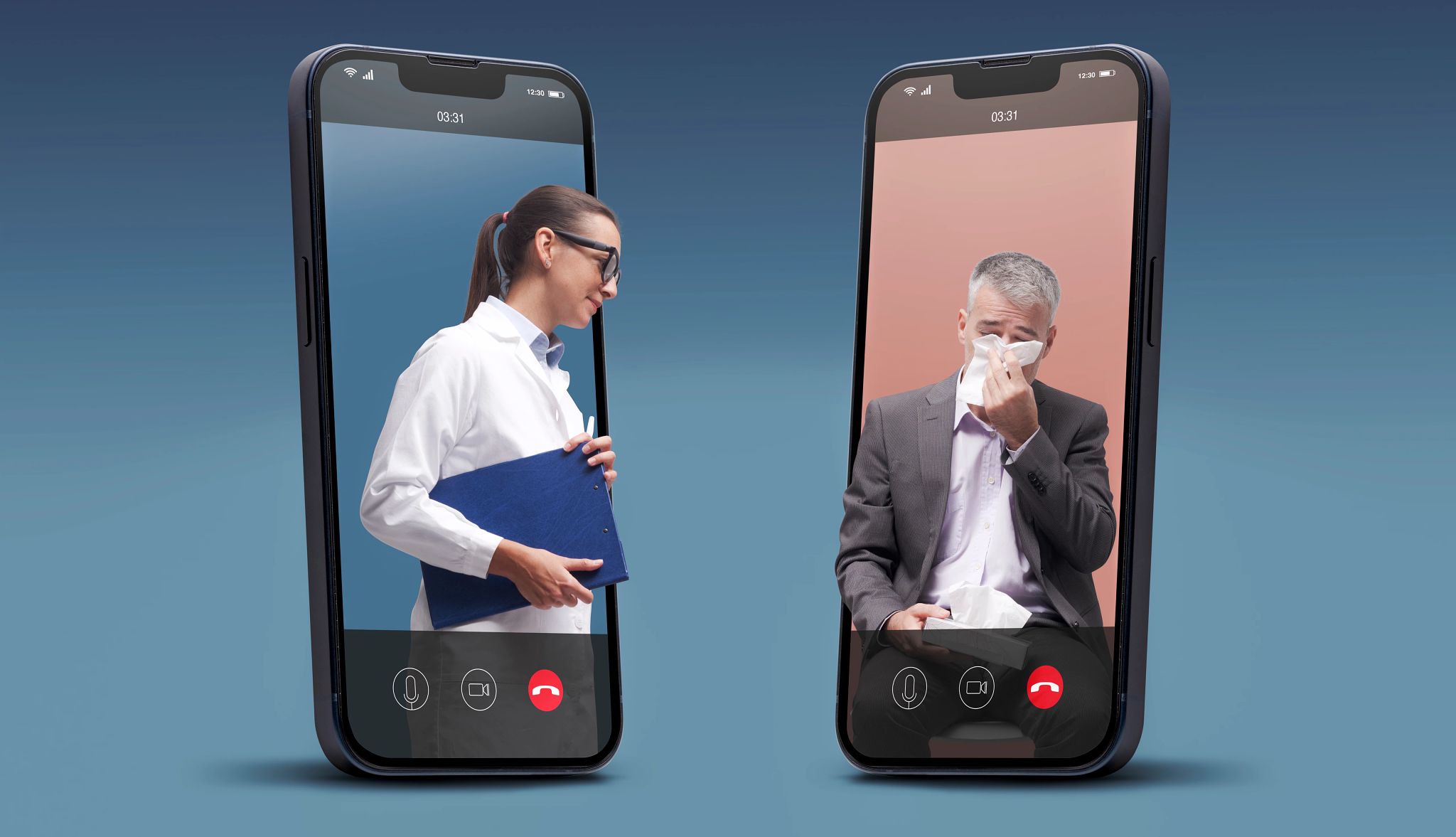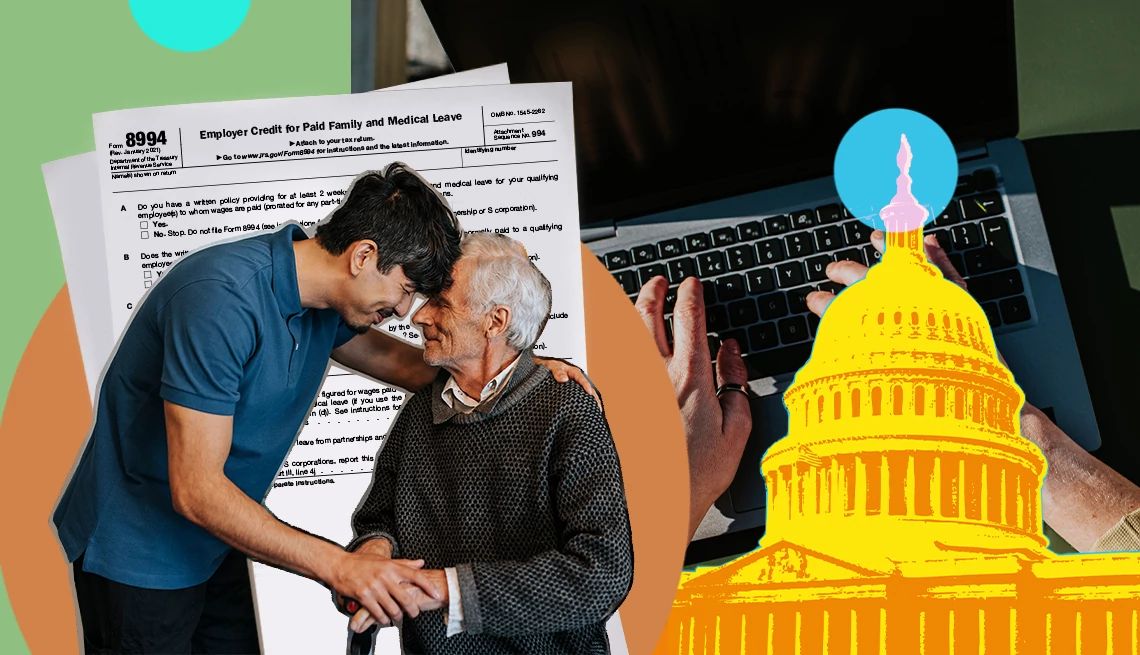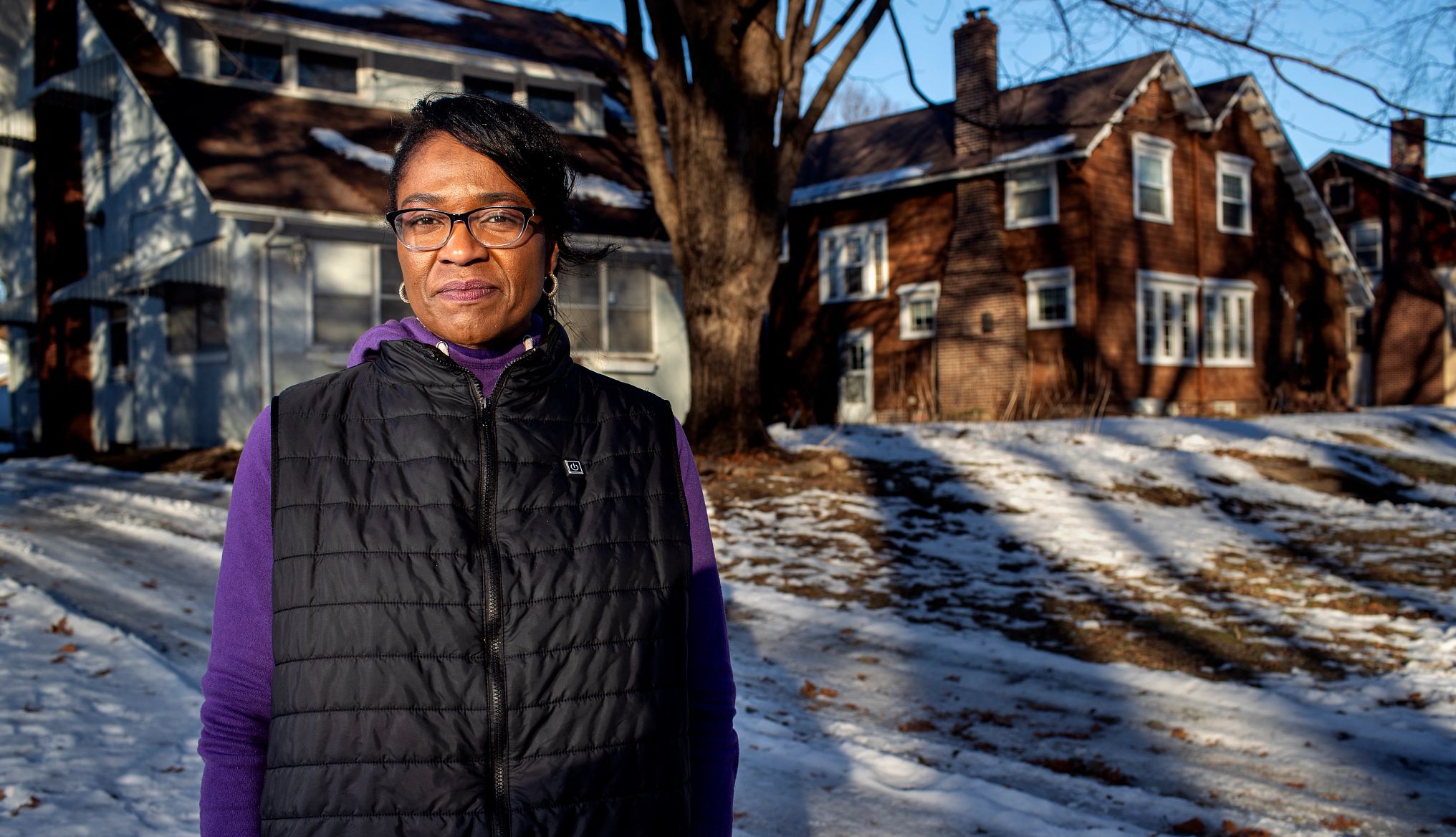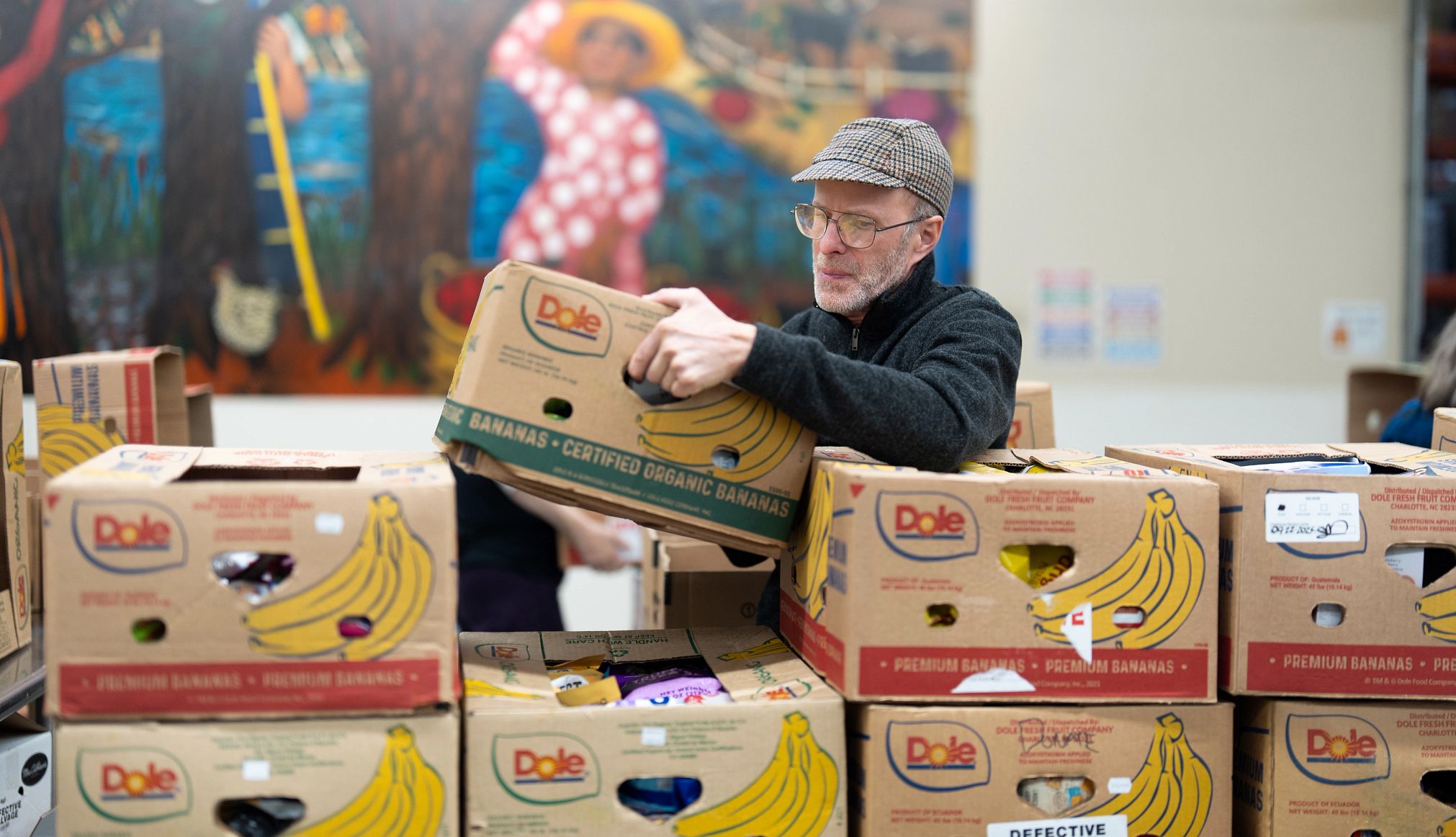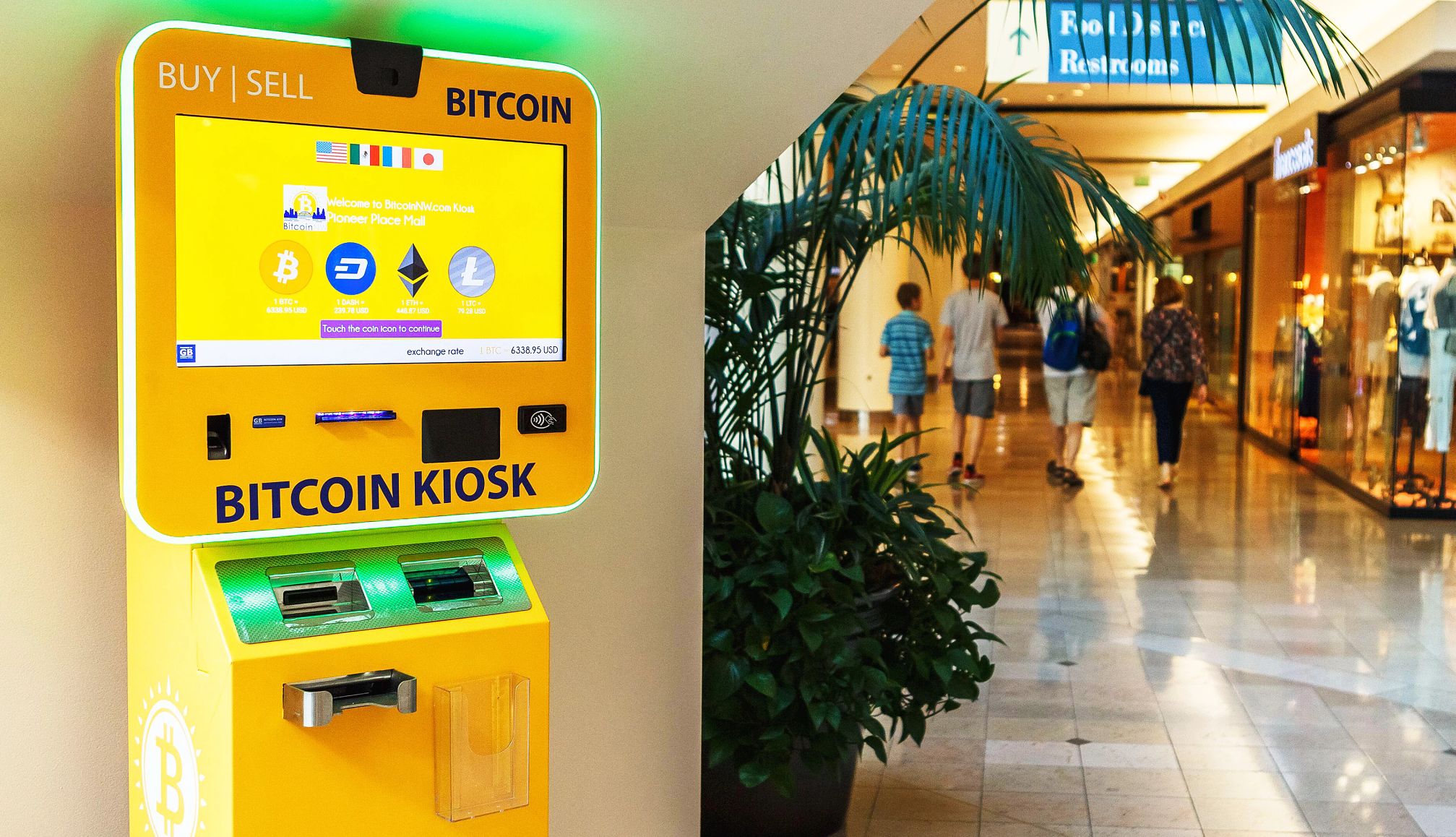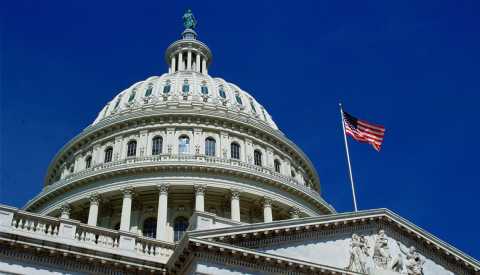AARP Hearing Center
Advocacy
Learn how AARP is fighting for you every day on issues that matter to people 50-plus. We’re your fierce defender in Congress and across the country.
Social Security
Caregiving
Health Care & Prescription Drugs
Financial Security
Scams & Fraud
More on our Efforts


AARP Membership — $15 for your first year when you sign up for Automatic Renewal
Get instant access to members-only products and hundreds of discounts, a free second membership, and a subscription to AARP the Magazine.
AARP IN YOUR STATE
Find AARP offices in your State and News, Events and Programs affecting retirement, health care and more.














































































